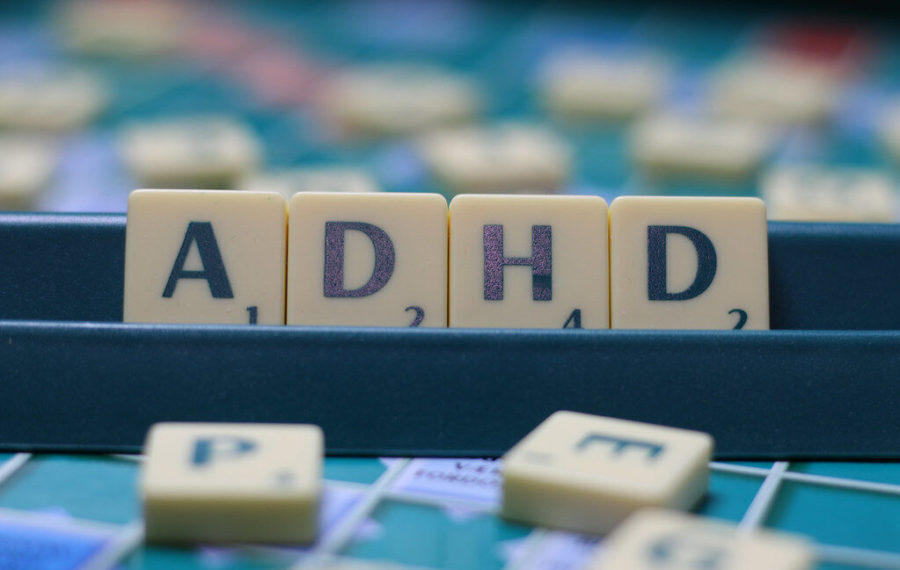Brown: Medication isn’t always the answer
August 17, 2020
When I was younger, my attention deficit hyperactivity disorder (ADHD) was hard to manage. I struggled with high energy outbursts and impulsive behavior everywhere I went, ranging from church, the grocery store, school, the movie theater and basically anywhere else. My mom likes to tell stories about my ADHD as a kid, her favorite one being when I told a pregnant woman to “lose some weight.”
As I continued to grow older, I started medication for my ADHD. Every morning, my dad would put a patch on my hip that would slowly release medication throughout the day. By lunchtime, the slow drip of medicine had taken full swing. While I began to focus a lot more in school, severe side effects occurred, such as mood swings, loss of appetite and hyperfocus. This continued for years until I reached high school, when I decided to go off my medication and try to succeed academically without it.
Ever since then, I have grown to adapt and even appreciate some aspects of my disorder. Executive dysfunction means I need to have time management skills and understand how my brain works to get assignments or tasks done on time. Emotional regulation difficulties means my emotions can be intense, and learning how to control and guide them toward their resolutions requires tremendous emotional intelligence. My academics actually improved as I learned how to develop habits and skills to work with my ADHD instead of against it.
However, my ADHD still flares up from time to time, and I have considered going back on medication. I have avoided this all throughout college by listening to my body and discovering what works best for me. Exercise, specifically cardio, calms my brain and improves my focus. Listening to instrumental music works best at calming the distractions and finding my focusing sweet spot. Taking short and frequent study breaks helps keep my impulsivity in check. While medication may be a great answer for ADHD treatments, finding ways around it and adapting to my mind and body have given me some advantages when it comes to my mental health.
If you were to ask a doctor about adapting to ADHD and its quirks, they will all tell you medication is the best way to handle the symptoms, and they are right. However, behavioral modification alongside medication is the recommended strategy for ADHD when the disorder interferes with function. Recent studies indicate that a combination of medication and behavioral treatments work the best. In other words, medication can help kids get more out of nonmedication treatments such as therapy and school support.
Deciding if medicine is the right choice when treating ADHD isn’t easy. Medication isn’t the only option, and there is data showing some behavioral treatments can help children with ADHD learn different skills that are also effective. My ADHD is unique, and only I can decide how to treat it. Medication or not, there are many different ways to support those with ADHD and to help them succeed.







